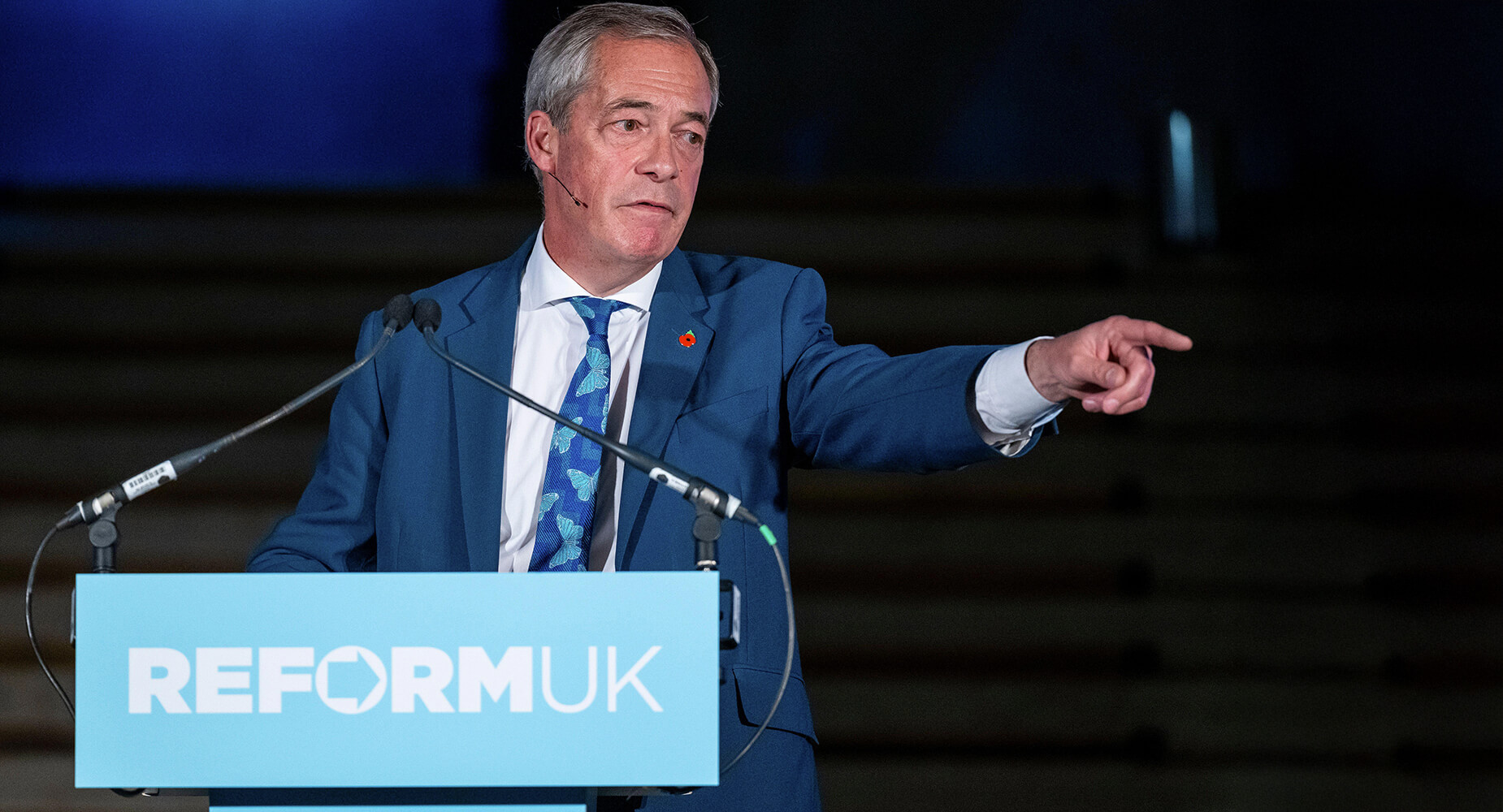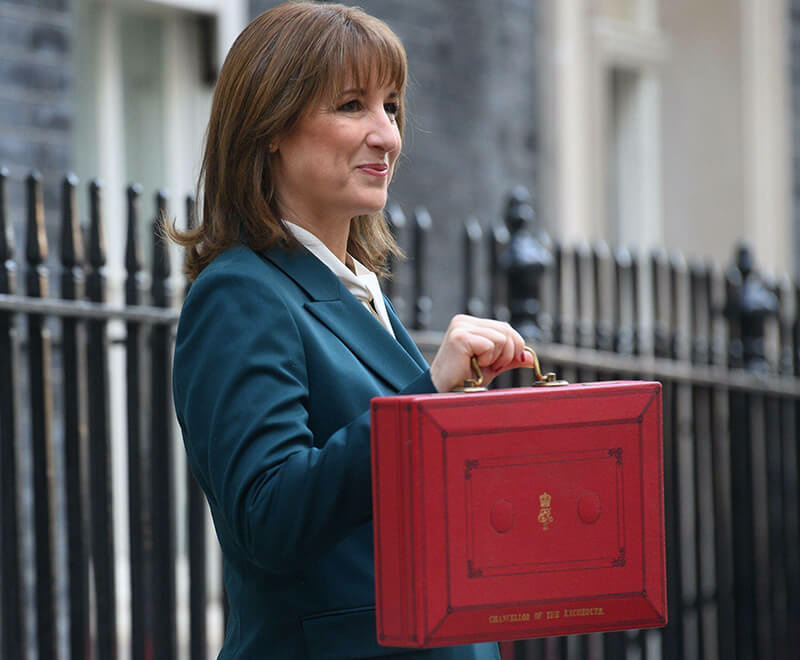Nigel Farage may be personally trusted to run the economy, according to polling by Opinium, but his party still trails on fiscal credibility. The Conservatives, meanwhile, continue to cling to their reputation for economic competence, and have used that as a weapon, accusing Reform UK of “uncosted spending cuts” in an effort to shore up fiscally conservative voters.
With the nation awaiting a long-delayed Budget, the political class has been granted extra time to court business confidence. Reform UK has seized the moment, packing three events into seven days to outline its economic vision.
Pagefield has been in attendance, listening closely. Here’s what we’ve learned, and how we’ll be helping clients navigate what comes next.
A week of economic messaging
Farage opened Reform’s economic week with a nod to his Thatcherite instincts — promising no tax cuts before savings, and hinting at deep welfare reductions. He set the tone for what followed. At a second event, Richard Tice addressed investors, CEOs and public-affairs specialists at Bloomberg’s London offices, sketching out plans to shrink the state, deregulate the economy, and invite business to shape policy.
To close the series, Farage returned to the podium with a focus on small business, praising Britain’s entrepreneurs and risk-takers while lamenting that the country now lives “not in a free-market capitalist era but in an age of global corporatism”, where large firms dominate and smaller ones are undervalued.
Reform’s recent business outreach has focused on a formal request for policy ideas through its newly launched Centre for a Better Britain, which we’ve been supporting our clients to respond to.
Tice, speaking at a recent Pagefield breakfast event, asked for concise, three-page submissions. At Bloomberg, he repeated that call, insisting contributions could be made anonymously and stressing that the Centre would operate independently of the party itself.
Four focus areas for reform
The consultation invites contributions on four key areas of policy reform:
- Financial regulation – simplifying complex frameworks such as MiFID II and reassessing the roles of the FCA, PRA and Bank of England.
- SME fundraising and growth capital – improving access to investment for small and medium-sized firms, which the party calls “the bedrock of the economy”.
- Pensions and savings – simplifying the system and channelling more UK capital into domestic investment.
- Taxation – drastically reducing the size of the UK tax code and cutting red tape in anti-money-laundering compliance.
These ideas will be analysed by working groups and fed into what Tice describes as a “Big Reform” moment — a deliberate echo of the 1980s Big Bang deregulation that, he argues, helped deliver Britain’s last sustained period of 2–3 per cent annual growth.
Britain’s economic choice
Without major reforms, Tice sees a bleak picture of Britain’s economic trajectory, arguing that the country faces a “twin crisis” of stagnation and debt.
The UK, he said, has experienced almost no genuine growth for a decade while public debt per adult continues to climb. Citing Office for Budget Responsibility projections, he warned that debt-to-GDP could hit 200 per cent by 2050 — a “route to bankruptcy”. Productivity could fall more, he noted, even as state spending expands, leaving future generations to foot the bill.
“The biggest risk now,” he said, “is not taking one.”
With an early election cycle likely, Tice framed now as the ideal time for fresh thinking, before high taxes and heavy regulation drive more business and talent overseas.
…
If you’re looking for insight into Reform UK’s strategy, or guidance on how to respond to its call for policy ideas, get in touch with the Pagefield team at hello@pagefield.co.uk.



